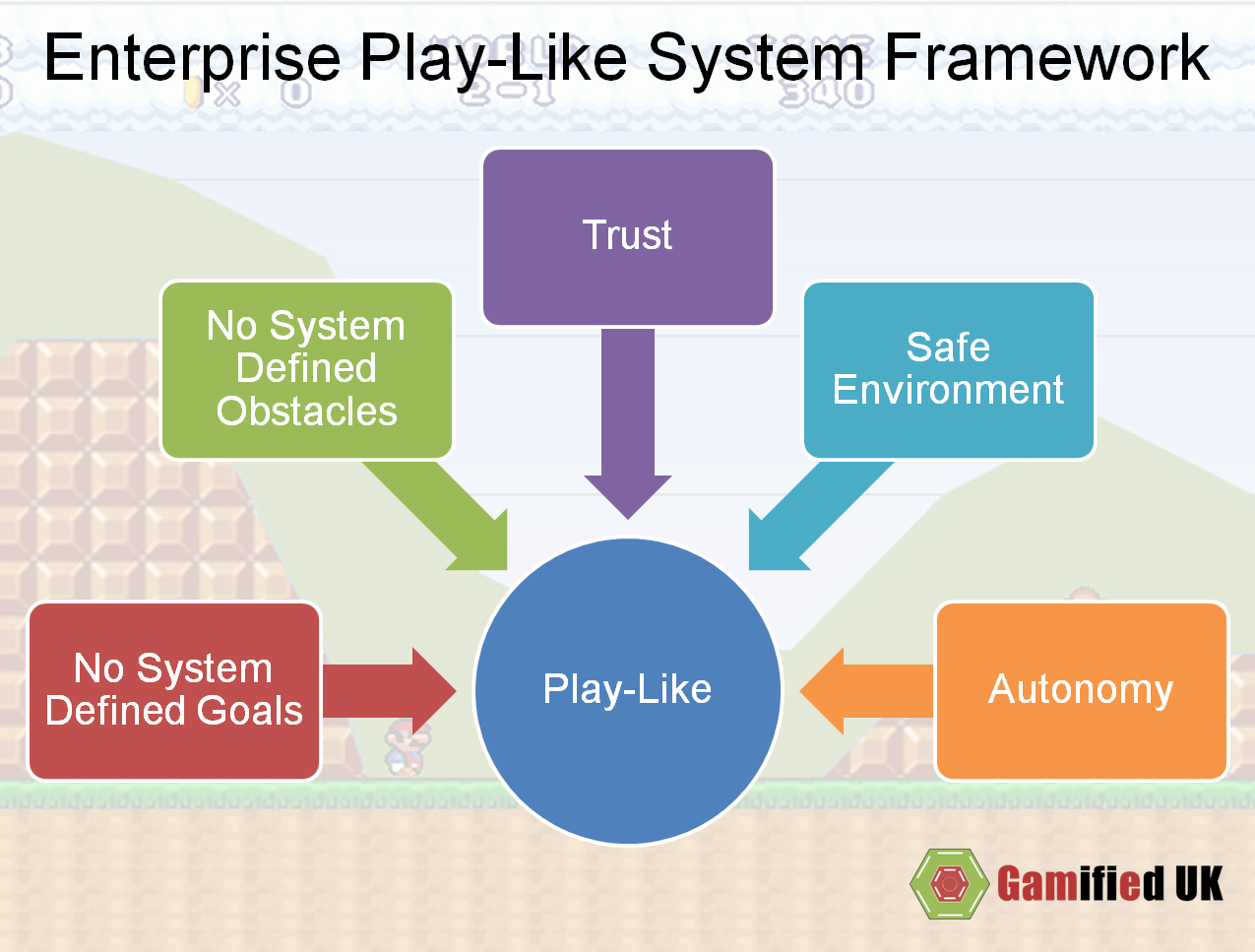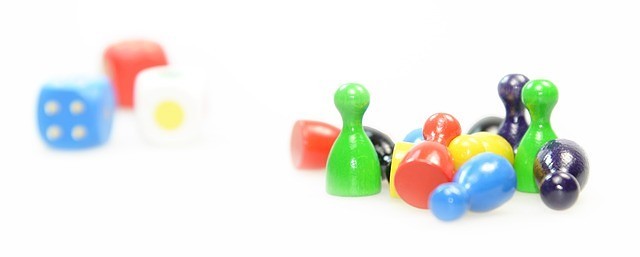We recently moved office, which has offered me the chance to bring to mind a concept my Mum would refer to as “Honest Work”. What is honest work? In this case manual labour involved in building flat pack chairs and setting up networks, but in Mum’s definition, it is anything that has a physical or visible outcome. For instance, stacking shelves in a warehouse, putting up some shelves, creating a routine in a bit of software. Anything where you can quickly see results and even better, results you can be proud of.
goals
Focused Feedback and Attainable, Maintainable Goals
Don’t Mention Gamification
I was challenged recently to talk about gamification without mentioning games or gamification! The reason is that many people have not got time to dive too deep into the meanings and on its own, gamification as a word is confusing, to say the least. So, I took to YouTube and had a go!
My thoughts revolved around two core concepts; Focused Feedback and Attainable, Maintainable Goals.
Focused Feedback
Feedback is essential for engagement in anything we do, whether it is related to our job, social life or hobbies. Without feedback, we don’t know where we, how we are doing or where we are going. Not having feedback is like driving without seeing the road or a map!
A framework for creating play-like systems
Separating Games from Play and using it
All of this research into play and talking about play has been for a reason. I wanted to try and open up the idea of making more play-like experiences rather than more game-like experiences. I was trying to introduce some of the basics that separate games and play. For this there are three important differences between play and games that we need to keep in mind.
- Games have prelusory goals – ie, goals that you must achieve that have been set by the system.
- Games have rules that define how you have to achieve the prelusory goals (Lusory Means).
- They also have rules that create challenges to achieve the goals. Rather than going from A to B in a straight line, you have to overcome obstacles and solve puzzles going A to Z to E to B and back again! (Constitutive Rules)
In play, the goals are often less defined or not consciously apparent. Whilst there may be rules that dictate how play progresses (social rules, physical rules and so on), there are not that are there to deliberately challenge you or make things harder.
Introducing Lusory Attitude
As I have been researching play, there is a term or really a word and concept that has been hard to ignore. Ludic. It comes up a lot in papers and articles about play. It comes from the Latin for play and is defined as;
Showing spontaneous and undirected playfulness.
Let me set the scene. You are in a system that follows the path outlined below.
- You start with a tutorial. It sets the context for what you are doing as well as giving you the basic skills you need to start.
- You are given a set of tasks to complete and goals to achieve.
- Next you start grinding, completing the simpler tasks as you develop your skills and learn more about the system.
- As your level of skill increases, new challenges become available and new goals are set. These may require you to learn new skills and increase your abilities.
- Along the way there are surprises and unexpected events. You will meet new people, some will be friends and you will need to work together with them to a bribe certain goals and some won’t!
- All the while you will be collecting experience and currency as you complete new challenges.
I’ll come back to that. Ludic turns up in various forms when academics speak about play. Here are a few examples.
- Ludos: this is the original Latin for play
- Ludeme: this is a concept that Raph Koster speaks about. In their simplest form a ludeme is a unit of play.
- Prelusory goals: goals set by the game.
- Lusory means: rules set by the game.
- Lusory attitude: a playful mindset. An understanding that you are entering play.
The last three are from Bernard Suits definition of a game from his seminal book The Grasshopper: Games, Life and Utopia.
S.M.A.R.T Gamification – Goal Setting
In one of those “D’oh” moments, it occurred to me that management types have been promoting one of the core components of gamification since at least the 80’s!
We all agree that one of the main aspects that forms good gamification is good goal setting (at least I hope we all do by now). Well The Management have been told to do this for about 30 years now – ever since a concept called “SMART” was first given air. SMART is an acronym (of course, we all love one of them), that generally stands for;





